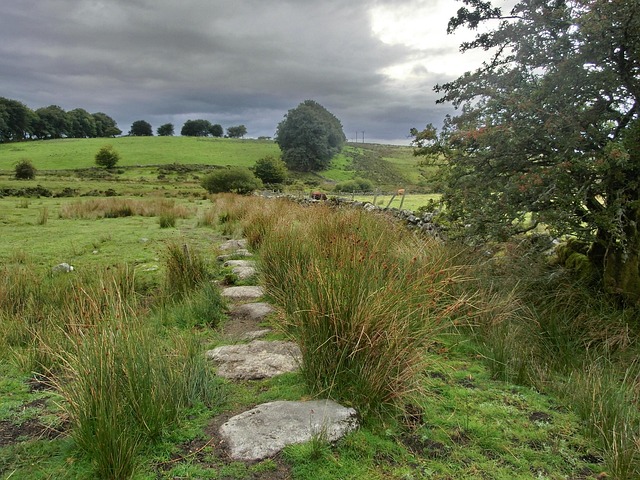Biodiversity Net Gain – a new opportunity for landowners
The drive to build more homes in the UK is set to open up a new market opportunity for farmers and landowners, through the delivery of Biodiversity Net Gain (BNG).
BNG is an approach to development that aims to leave nature, and in particularly habitats on site, in a measurably improved position than before the development was carried out. Under the Environment Act 2021, developers will be required to demonstrate that they will deliver a minimum 10% net gain as part of the planning permission.
Some Local Planning Authorities have already begun rolling out BNG delivery on certain developments, but the remainder will have to do so by law when the transition period comes to an end in November 2023 (April 2024 for small sites).
Whilst some developers will be able to increase biodiversity within the development itself through on-site schemes, its recognised that for a large majority this will not be practical. Where this cannot be achieved, developers will be able to offset by going ‘off-site’ and negotiating a private off-setting arrangement with a landowner in another location.
The new off-site market in biodiversity units creates an opportunity for landowners, creating or enhancing habitats on land they own to generate credits which can then be sold to developers.
This emerging off-setting market is estimated to be worth in excess of £250m per year.
Any off-site land used for the purposes of achieving BNG will need to be formally registered on the BNG Register.
BNG credits will be secured by conservation covenants, meaning the land will bind for the full period the covenant is in force (minimum of 30 years). During this period, the land cannot be used for any other purpose. Landowners should therefore consider any impact this may have on value, especially if there is any prospect of future development potential.
We recommend that landowners seek professional advice before entering into a private agreement with a developer.
Stephen Maycock





